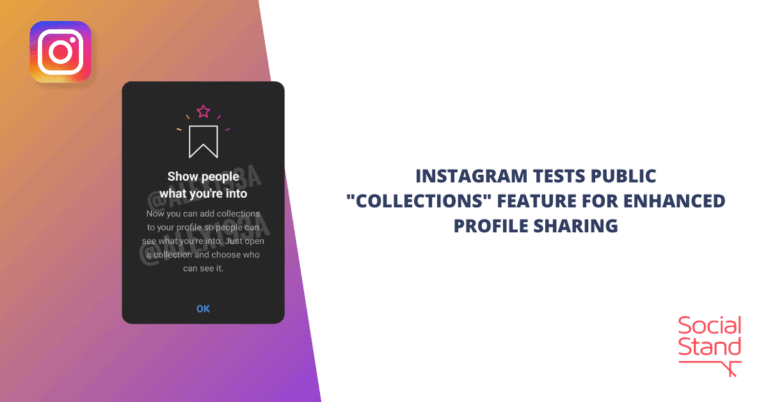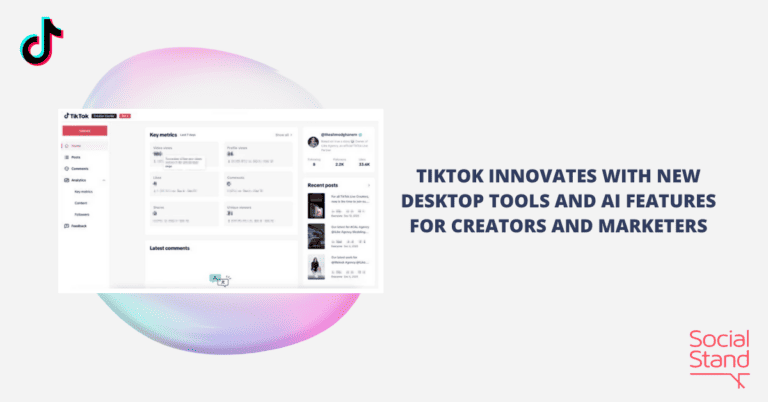Google has embarked on the initial phase of its ambitious plan to eradicate tracking cookies, a significant pivot in digital privacy and advertising. This move aligns with Google’s announcement last month regarding its timeline for the removal of tracking cookies, starting with a small yet impactful subset of users.
Google stated:
“Starting January 4, we’re testing Tracking Protection, which curtails cross-site tracking by limiting third-party cookie access. This test will involve 1% of Chrome users worldwide, approximately 30 million people. It’s a critical step in our Privacy Sandbox initiative to eliminate third-party cookies for all by the latter half of 2024, contingent on resolving any remaining issues raised by the UK’s Competition and Markets Authority.”
This shift, although seemingly small, will significantly affect 30 million Chrome users, transitioning them to a more privacy-centric data tracking system. This marks a considerable transformation for advertisers accustomed to the insights provided by cookies that fuel targeted online advertising. Instead of detailed user tracking, Google proposes categorizing users into topics, allowing for broad but less precise targeting. This change is anticipated to result in less effective ad campaigns, reduced revenue for web publishers, and a diluted online experience due to more generalized advertising. Additionally, businesses might see increased costs in ad targeting.
Despite the potential challenges, Google is steadfast in its commitment to enhancing data privacy. This change necessitates marketers to adapt and experiment with Google’s Sandbox tools to maintain advertising effectiveness. The full impact will unfold over time, but this initiation is a pivotal moment in digital marketing’s evolution.
Simultaneously, this shift reflects broader changes across the industry, with companies like Apple and regulatory bodies like the EU also advancing privacy measures. While these changes aim to empower user privacy, they also signify a dramatic shift from optional filters to widespread modifications.
As the digital landscape braces for these substantial shifts, 2024 is set to be a transformative year for digital marketers, with all eyes on Google as it progresses toward its goal of completely phasing out cookie tracking by the year’s end.
Google launches initial phase to eliminate tracking cookies on 04 January 2024.
Implication for Marketers:
Marketers must adapt to Google’s elimination of tracking cookies by exploring new targeting strategies and tools to maintain ad effectiveness amidst a paradigm shift towards greater user privacy and less precise targeting.
Reference:
https://blog.google/products/chrome/privacy-sandbox-tracking-protection/



